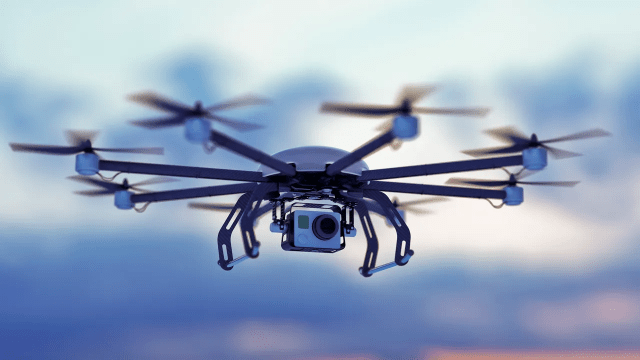Hello and welcome to Thursday. I’ve been obsessing over this doughnut NASA’s Perseverance rover spotted overnight, but there are a few more things happening this morning, so let’s jump in.
1. You’re legally responsible for what you post online
Starting with the ABC and a Queensland woman has been ordered to pay $279,000 in damages to a couple she defamed in a Facebook group, a case the report highlights as a growing problem of people being unaware they are legally responsible for what they post online. A judgement handed down in the District Court in Townsville revealed that Person A was found to have defamed her former neighbours, defacto couple Person B and Person C, per the report, the judgement ruled she falsely accused her neighbours of being paedophiles in a community Facebook group. Person A also lied that her Facebook account had been hacked.
2. Cash to build tech to blast comms into space
Researchers from The University of Western Australia node of the International Centre for Radio Astronomy Research (ICRAR) are set to build a next-generation communications network they say can send high-speed data to and from objects in space. The $6.5 million project (known as TeraNet) has received a $4.4 million grant from the Australian Space Agency, and $500,000 each from the state government and The University of WA. It’s expected TeraNet will be one of the first commercial optical communications networks in Australia and will be transferring data to and from satellites orbiting the planet. The network will also be capable of supporting missions in space, as well as advanced communications that could support NASA’s Artemis missions to the Moon.
3. Drone rules updated and the industry is cheering
Staying above the ground and Australia’s Civil Aviation Authority (CASA) yesterday announced the launch of a new “beyond visual line-of-sight (BVLOS) outside of controlled airspace (OCTA)” exam for remote pilots. What does this mean, exactly? Well, let’s let a drone expert (Carbonix CEO Philip van der Burg) explain: “We see this as a really significant turning point for the drone industry as a whole which will also further position Australia as a leader in drone innovation. It will allow a more industry-specific pathway into BVLOS operations by being a fit-for-purpose exam for drone pilots flying BVLOS (required for long-range and/remote operations capability) missions and therefore accelerate the adoption of BVLOS missions in the wider drone capability”.
4. A fraud facelift should just be the start for Digital ID
The federal government’s issue-plagued Digital ID is, per ACS, undergoing a “fraud and security” facelift, but it needs more than just a facelift. Experts agree. The idea is to increase the use of biometrics for identification in a bid to make the federated ID scheme more resilient to fraud and identity theft – biometric authentication, such as fingerprints, iris scans, and face recognition, offer a far more personalised level of security. However, it isn’t a silver bullet. “Potential pitfalls include bypassing of biometric devices, spoofing attacks, and, importantly, privacy concerns,” RMIT senior lecturer, AI and business Analytics, Dr Chao Chen said. “Advances in technologies like liveness detection and encryption can help minimise these risks.”
5. Finally, a good use for AI
Flinders University and Brazilian peers have worked on a new model to provide early identification of software virus attacks, hacker activity, or general system failure in vital networks. “We have developed a novel algorithm to detect failure in data networks that can detect inconsistencies in the sensor data. This algorithm is capable to signal the start of major disruptions, that could have far-reaching consequences,” Associate Professor in artificial intelligence and robotics at the College of Science and Engineering at Flinders University Dr Paulo Santos said. “This could be advanced to be an effective safeguard against equipment failures in data networks of electrical systems and could replace more traditional diagnostic methods both in power and other critical infrastructure.” It’s pretty darn cool.
BONUS ITEM: Um.
Thanks to a marker that didn’t quite mark well enough, we now know how much The Last of Us Part 2 cost to make. https://t.co/lNsiYaDHwm
— PC Gamer (@pcgamer) June 28, 2023
See ya tomorrow!
